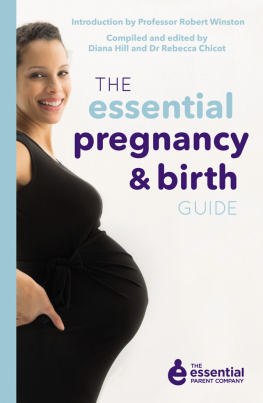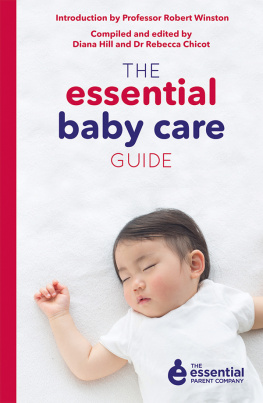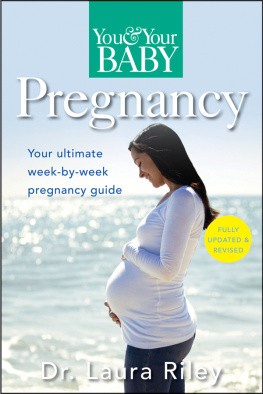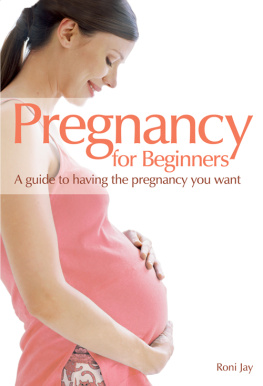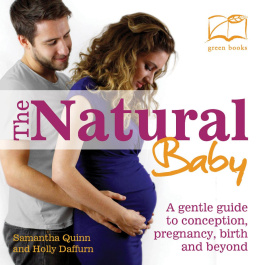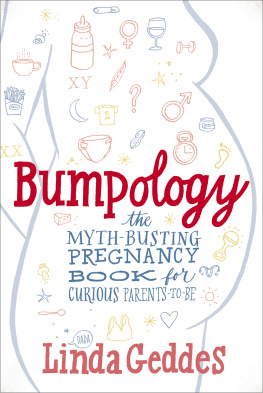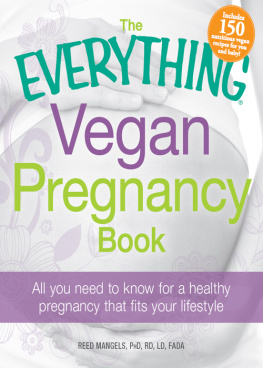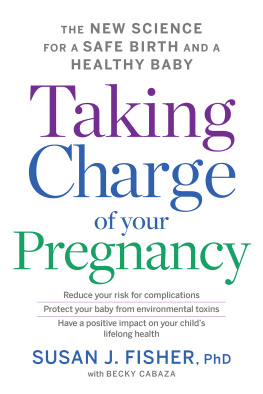Disclaimer
No responsibility for any loss, harm and/or damage occasioned to any person acting or refraining from action as a result of the material in this publication can be accepted by the authors or the Publishers. This book is not intended as a substitute for professional medical advice, and you are advised to consult a medically qualified practitioner about you and your symptoms.
Publishing Director Sarah Lavelle
Commissioning Editor Lisa Pendreigh
Project Editor Victoria Marshallsay
Creative Director Helen Lewis
Designer Emily Lapworth
Production Director Vincent Smith
Production Controller Tom Moore
First published in 2015 by
Quadrille Publishing
Quadrille is an imprint of Hardie Grant
www.hardiegrant.com.au
Quadrille Publishing, Pentagon House
5254 Southwark Street, London SE1 1UN
www.quadrille.co.uk
Text 2015 The Essential Parent Company
Design and layout 2015 Quadrille
Publishing Limited
Cover photography KidStock/Blend
Images/Corbis
The rights of the author have been asserted. All rights reserved. No part of this book shall be reproduced, stored in a retrieval system, or transmitted by any means electronic, mechanical, photocopying, recording, or otherwise without written permission from the publisher.
Cataloguing in Publication Data: a catalogue record for this book is available from the British Library.
eISBN: 978 1 84949 690 2
10 9 8 7 6 5 4 3 2 1
By Professor Robert Winston
Expectant mothers have little practical experience in modern society. In the past, women spent many formative years learning about pregnancy, birth and babies. The skills of motherhood were absorbed by osmosis from their mothers, grandmothers, aunts, older sisters, and cousins. Extended families living in close proximity are largely a thing of the past in the UK. Now parents have been at school longer, have often been students or worked full-time and gained important skills, but theyve grown up without the experience of pregnancies, births and babies that families were once involved with at home.
As an obstetrician for many decades I have seen how pregnant woman today suddenly enter a medicalised realm of babies, scans, antenatal classes and birth plans. Pregnancy and birth are now bewildering and it can all seem very different to normal life. New parents can therefore be hit hard by the shock of being responsible for the growth and nurture of this small, fragile creature their baby.
A study by The Essential Parent Company showed that around 80 percent of new parents felt anxious and lacked the practical skills they needed to prepare for their birth and look after their new baby. A third of UK parents had never seen a family member breastfeeding. Breastfeeding is a learned skill and without seeing it happening lots of new mums really struggle to know what to do, and usually leave hospital before their milk has come in and breastfeeding has been established. It is no wonder that although the vast majority of mothers in the UK want to breastfeed, we end up with one of the lowest levels of breastfeeding in Europe.
Fundamentally, human beings learn how to do things by seeing other people do them first. Other animals may be born with more instinctive abilities to care for their young, but we have to learn our birthing and parenting skills from others. Handing on these skills from mother to daughter helps us to look after our uniquely vulnerable babies. In modern Britain this highly evolved system of learning and passing on practical skills has been watered down, and pregnant women and new mums dont feel well equipped to give birth or look after their babies.
With The Essential Pregnancy & Birth Guide (www.essentialparent.com) we aim to help you, a prospective mum, understand whats going on as the pregnancy progresses, learn about how your body gives birth to your baby and to prepare you for all the practical skills you will need to nurture your baby when the exciting day of the birth finally arrives.
Pregnancy is an incredibly exciting time, especially if its your first baby. There is so much that is completely new and so much to look forward to with the arrival of a brand-new member of your family. That said, the prospect of everything changing fills some people with wonder and others with anxiety. This chapter aims to go over some of the things youre likely to experience and how to make sure you look after yourself, for your own sake and for your babys. Some of it is common sense: for example, eating a balanced healthy diet, and not smoking or drinking. But there are also some new facts youll need to be aware of, such as foods to avoid. You may also experience new feelings about which you might welcome some advice. We also hope our practical guidance on issues ranging from buying clothes to fit the bump, to when to inform your workplace that youre pregnant, might help you avoid a few potential pitfalls along the way.
What should I eat when I am pregnant?
Its really important to make sure you eat a healthy and balanced diet throughout your pregnancy for your own health as well as that of your unborn baby. Women used to think that they had to eat for two during their pregnancy, but this is not the case. In fact, you need to take in the same amount of calories that you would normally eat all the way through your pregnancy until the last three months (third trimester). At this stage you should increase your intake by no more than 200 calories a day which is the equivalent of a healthy snack: for example, two pieces of fruit.
How can I get a balanced diet?
Fruit and vegetables are incredibly important during pregnancy as they contain all the vitamins and minerals that your baby needs to grow. Make sure you should include a wide variety in your diet.
You need carbohydrates (rice, pasta or bread) for energy. You should aim for a small amount with every meal, but avoid those made with refined white flour or rice. Eat brown rice or wholemeal bread or pasta, they are digested more slowly and help with constipation that many women suffer during pregnancy.
Proteins are the building blocks of body tissue and are needed for structure, function, and regulation of the tissues and organs. You find them in meat, fish, eggs, nuts and pulses. Aim to eat protein foods twice a day and choose lean varieties where possible.
Dairy products (milk, cheese and yoghurt) provide the calcium that a baby needs for bone development. You should aim for about four servings of dairy products a day. If your diet does not contain enough calcium, your developing baby will actually take calcium from your bones. Full-fat milk contains the most calcium, but you can continue to drink the milk you usually drink as long as you make sure you are getting enough calcium in your diet.
When it comes to foods and drinks high in fats and sugars, they should be minimised or cut out completely. Not only do they contain lots of calories, which can contribute to weight gain, but they also do not contain many nutrients, and so will not help with your growing baby.
However, it is important to include good fats in your pregnancy diet because they contribute to brain and eye development in the fetus. In particular, omega 3 is incredibly important and found in oily fish as well as nuts and seeds (for example, walnuts and flaxseed oil). If you dont feel like youre getting enough omega 3 in your diet, you can take a supplement; however, choose one that doesnt have the word liver in it, such as cod liver oil, as this can contain unhealthy levels of vitamin A.

